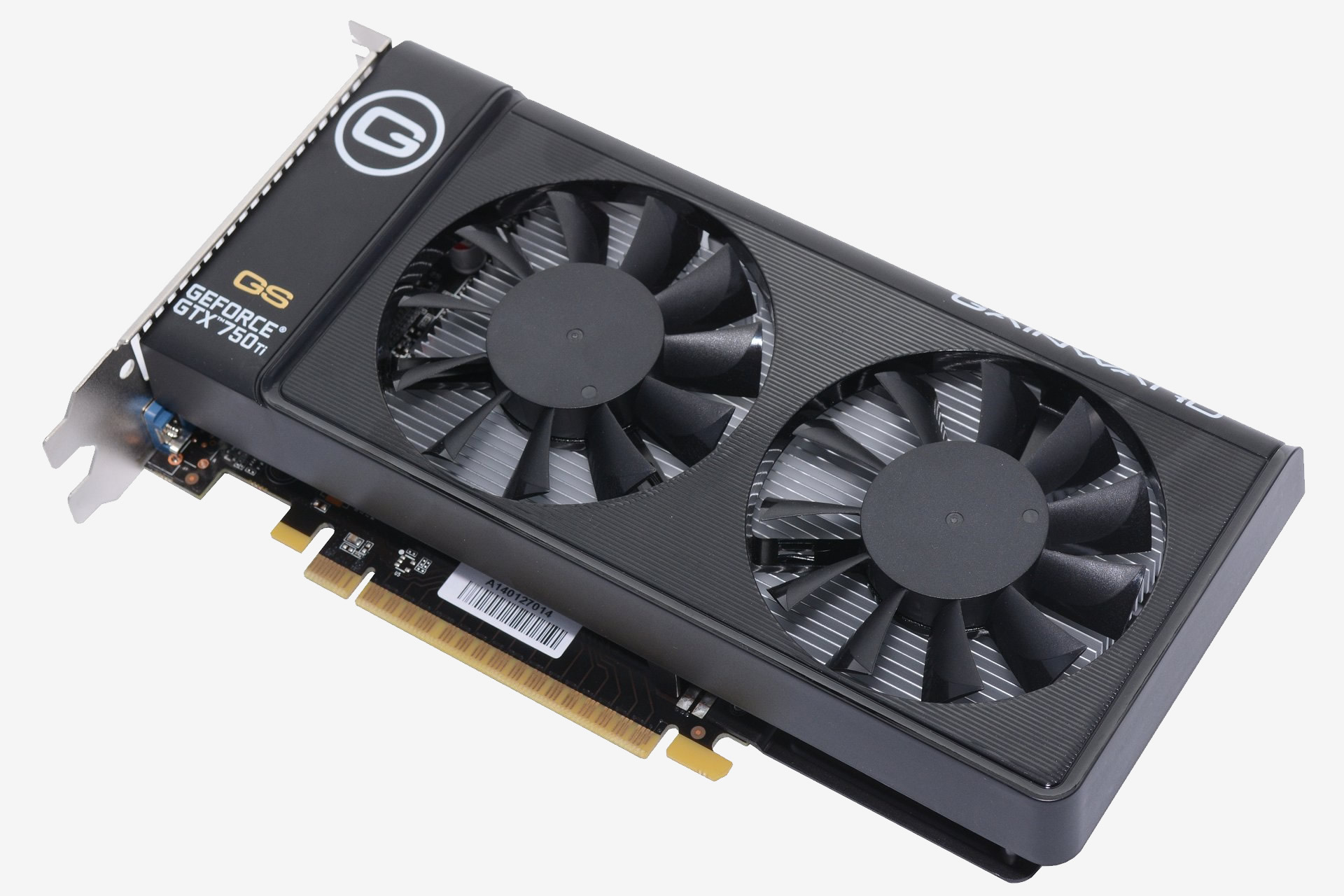I don't expect prices to "stabilize" or return to pre miner prices. PC gaming is simply a more expensive hobby now and baseline prices for gfx cards and other components is just higher now and I highly doubt the trend will cease. Further evidence is the increase in prices of even complete builds with discrete gfx cards in them. In 2016 an entry level gaming card was 150-200 and a top tier was anywhere from 500-800, but going forward I expect the entry level to start closer to 400 (like 1060 level) and top tier to start at 800-900 and top out around 1500-2000 (1080 ti/xp level).
Well its not the graphic card makers who are jacking up the price tag over the past 4 months.
Its the retailers doing this, such as Newegg, Amazon, Frys and anywhere else.
I was looking into why it is still high even as I type this.
I prefer getting it brand new, so I don't have to put up with someone elses gfx cards.
However coming out of pocket 200.00+ for graphics card is a no go for me.
I still got bills and family to take care of first.

